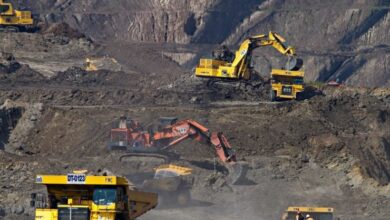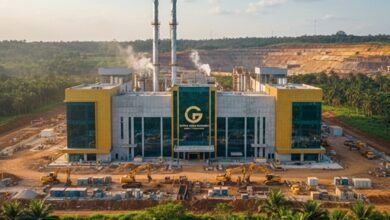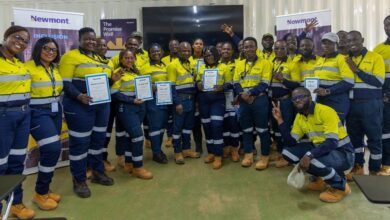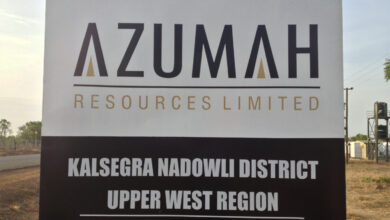Ghana Ramps Up Efforts to Formalize Artisanal Gold Mining Sector
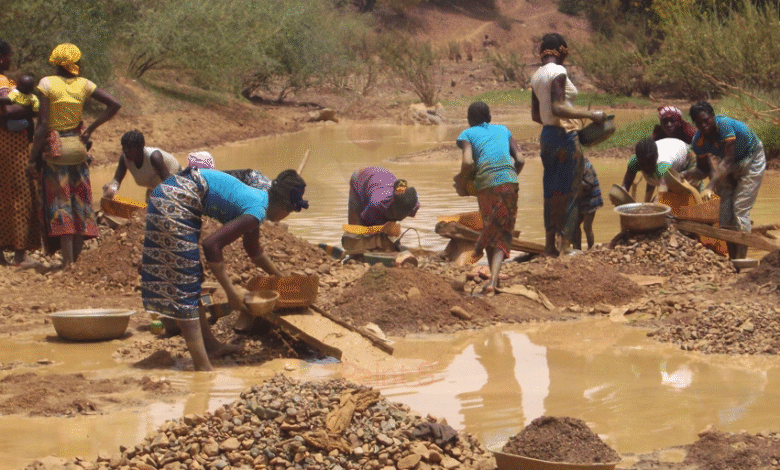
Efforts to formalize Ghana’s artisanal and small-scale gold mining (ASGM) sector received renewed momentum at the Mining in Motion 2025 summit, where local and international stakeholders emphasized the need for policy reforms, community engagement, and technology-driven solutions to transform the informal mining economy into a sustainable development engine.
At a session themed “Case Studies in ASGM Formalization: Learning from Successes and Addressing Challenges,” panelists called for an overhaul of outdated systems that have long constrained the small-scale mining sector. Organized by the Ashanti Green Initiative in partnership with Ghana’s Ministry of Lands and Natural Resources, the World Bank, and the World Gold Council, the session spotlighted the importance of legal, financial, and environmental reforms.
Martin Ayisi, Chief Executive Officer of Ghana’s Minerals Commission, urged bold policy changes to support miners and communities that depend on small-scale gold mining for livelihoods. “We need regulatory and legislative changes that support small-scale miners and ensure that revenue from their contributions translates into real economic, social, and communal growth,” he said.
With Ghana’s ASGM sector employing over one million people and contributing significantly to gold exports, formalization is seen as key to improving safety, environmental outcomes, and economic development in mining communities. However, panelists noted that formalization requires more than licenses and regulation—it demands state-backed support systems and inclusive strategies.
Cisse Vakaba, Mining Advisor to the President of Côte d’Ivoire, stressed the foundational role of geology in building a viable ASGM sector. “It’s not enough to issue a title or a permit,” he said. “The state must support geological research, training, and community-level prospecting to help miners succeed.”
Melissa Correa Vélez, Program Manager at Swiss Better Gold, highlighted the importance of human-centered approaches. Through the organization’s “Boots on the Ground” initiative, she said, technical support and community training are helping miners reduce environmental harm and improve livelihoods. “If the miners lose interest because of the challenges, they will become illegal,” she warned.
The session also highlighted emerging opportunities from digital tools such as blockchain, geo-tracking, and AI. Lamon Rutten, CEO of India Gold Metaverse, argued that digital innovations could strengthen traceability and help miners gain access to financial services. “If you want to develop small-scale mining, work with local banks. Let them understand the sector and they will help drive sustainable growth,” he said.
Participants pointed to existing initiatives like the Ghana Land Restoration and Small-Scale Mining Project a World Bank-backed program that is simplifying the licensing process and organizing miners into Community Mining Schemes as positive steps forward.
Entrepreneur and lawyer Kwaku Afrifa Nsiah-Asare stressed the need for collaboration and political will. “The Minerals Commission has been extremely supportive. It’s about partnerships and leadership in government,” he said.
As Ghana navigates complex challenges in the extractive sector from environmental degradation to revenue leakage the summit’s discussions affirmed a growing consensus: a well-regulated, inclusive, and technologically enabled small-scale mining sector can become a pillar of sustainable development in Ghana and across West Africa.

